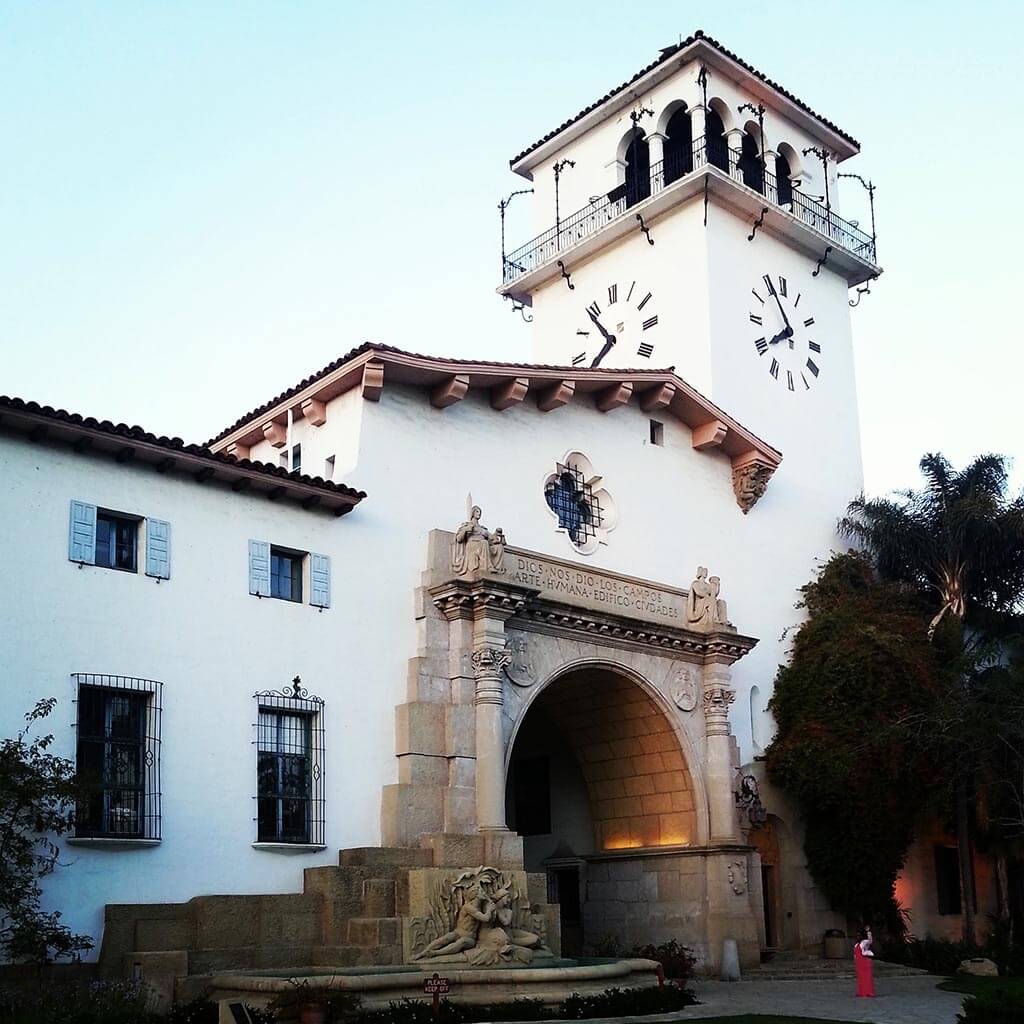
According to a paper published in the U.S. National Library of Medicine, gambling disorders can affect an individual’s life just as much as alcohol or drug addiction. And, that’s in spite of the fact that there are no physical triggers that prompt patients to engage in an activity that they are trying to avoid.
However, just like in the case of substance addiction, gambling is all about a person’s inability to control their urges and avoid the destructive behavior.
The National Council on Problem Gambling estimates that about 2 million Americans struggle with a gambling addiction each year. One of the reasons that could justify this staggering statistic is that gambling is currently legal in some states. As gambling addiction rates increase, the number of rehab centers that target and treat this condition has escalated as well. These facilities employ an array of behavioral therapy techniques to help patients overcome their compulsion to gamble.
How Long Are Treatment Programs for Gambling Addiction?
The length of gambling addiction treatments depends on several factors, including how serious a patient’s condition is, other health/mental issues, or even if they opt for an inpatient or outpatient facility.
Most patients that seek inpatient rehabilitation usually enter a one-month, two-month, or a three-month treatment period. For those whose addiction is not as severe, the length of the program can be a bit shorter, but individuals with a gambling addiction spanning over an extended period may require more comprehensive and extensive care.
A professional specialized in addiction will decide the timeframe of the treatment as well as the course of action after reviewing and analyzing the patient’s addiction history, as well as their mental and physical health.
How Addictive Is Gambling?
Addiction to gambling occurs when a person feels an uncontrollable need to gamble despite the negative consequences this activity may bring, either to themselves or those around them. Experts consider it to be an addiction or medical problem because of the similarities that exist between compulsive gambling and dependency on drugs or alcohol.
For instance, just as drug addicts begin to form a tolerance to a drug and need to increase dosage to have the same euphoric effects, gambling addicts can begin increasing the risk of their betting to satisfy their needs.
Some common signs of gambling addiction:
- Continuous or periodical loss of control over gambling
- Obsessive behavior concerning gambling or acquiring money to gamble
- Irrational behavior
- Continuing this destructive behavior despite its obvious negative consequences
One of the things that makes detecting a gambling addiction so difficult is that there are no clear physical markers. Patients can go to great lengths to hide their addiction and not let personal life interfere with their destructive habit.

What Types of Therapies Help Treat Gambling Addiction?
Gambling addicts have many treatment options to pursue:
- Residential Centers: These types of facilities specialize in various addiction and mental health issues. Such centers offer intensive, inpatient treatments where the patient follows and participates in a variety of treatment methods.
- Outpatient Centers or Programs: This form of treatment allows patients to continue their daily activities while working on sobriety. They are the preferred option for those with a less severe form of addiction. Outpatient centers can also be the second step of treatment after a patient has been discharged from an inpatient clinic.
- Support Groups: Several support groups are available for those struggling with an addiction. For instance, a Gamblers Anonymous can be instrumental in ensuring patients have the right support system during their recovery and don’t relapse.
- Behavioral Therapies: These comprehensive methods enable patients to discuss their condition with a professional. During the sessions, patients will become aware of the underlying conditions of the addiction, make peace with their current state, and work towards recovery.
How Can I Help a Family Member During Their Time in Rehab?
When a person is in rehab for addiction, it’s vital for friends and family members to offer unconditional love and support during treatment. Patients can often feel disconnected during recovery or can have a hard time handling the side effects of treatment.
Often, a family member or a loved one will be the first one to realize when a patient is struggling with an addiction. If that is the case, it is imperative to help the person in question get the necessary treatment, as they may not be ready to ask for it or seek professional care.
To help a loved one receiving addiction treatment, it’s good to:
- Learn more about gambling addiction
- Participate in family therapy if it is recommended
- Encourage the person receiving treatment and offer them support
How Are Group Therapy Sessions Conducted in Rehab?
As mentioned previously, people can sometimes feel disconnected during rehab. It is common for patients in residential rehab clinics to have limited visiting rights. When that happens, an individual can feel abandoned.
Group therapy aims to create a support system right inside the clinic. Patients are encouraged to share their personal experiences with gambling, though they can choose not to participate if they wish so. Through this method, patients can form meaningful connections and help each other get through recovery.
Group therapy is also a popular method in outpatient or other forms of treatment, as it is one of the best ways to get people to share their feelings.
Get Help Now
The timeline of the addiction can greatly affect the course of action required for sobriety, as well as its success. It’s imperative for people struggling with a gambling addiction to ask for help, either through a family member or directly at a specialized facility.
Find a GA Meeting in Santa Barbara
| Thursday 6:00 pm | GA Open Meeting | Garden Court Building | 1116 De la Vina Street |

